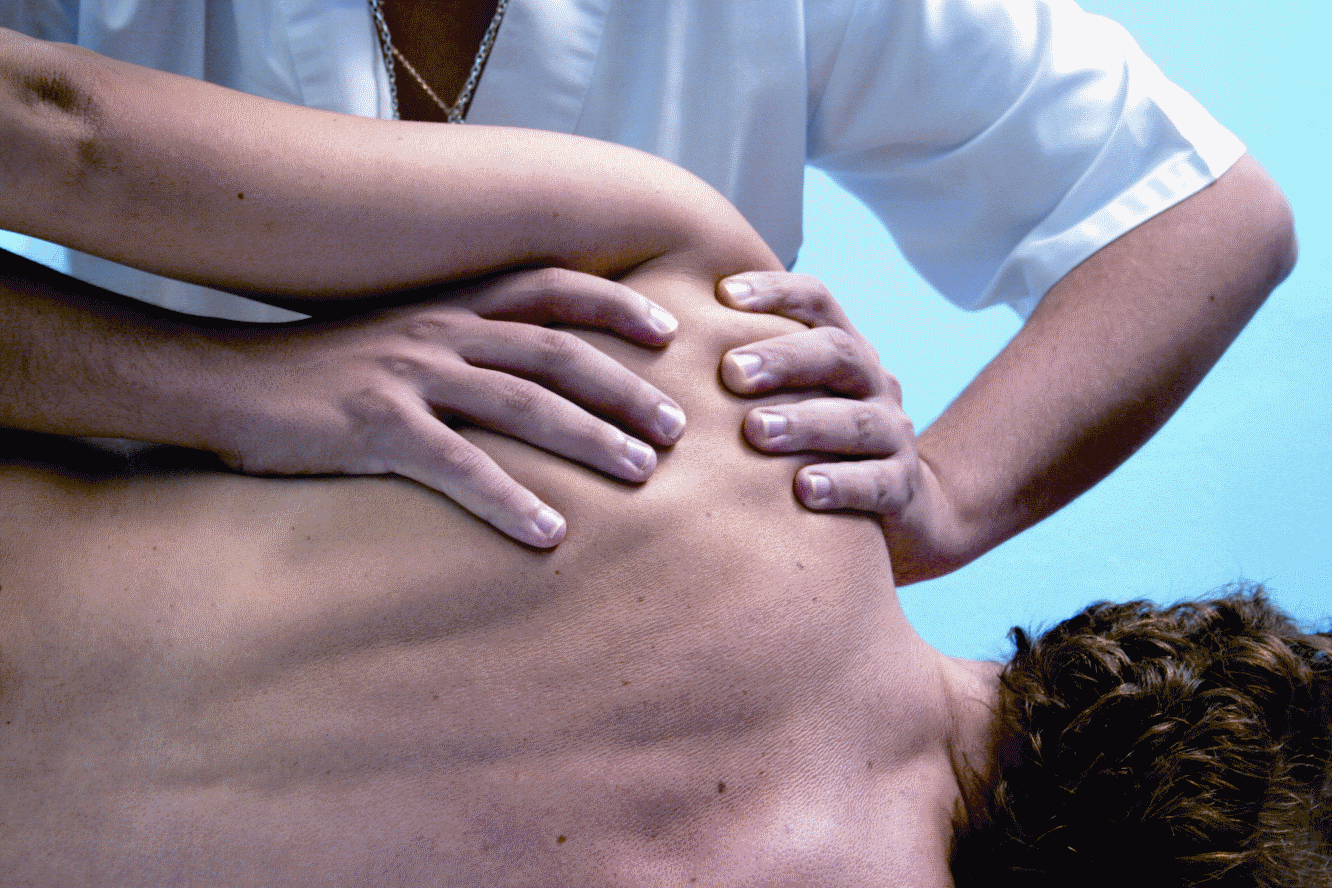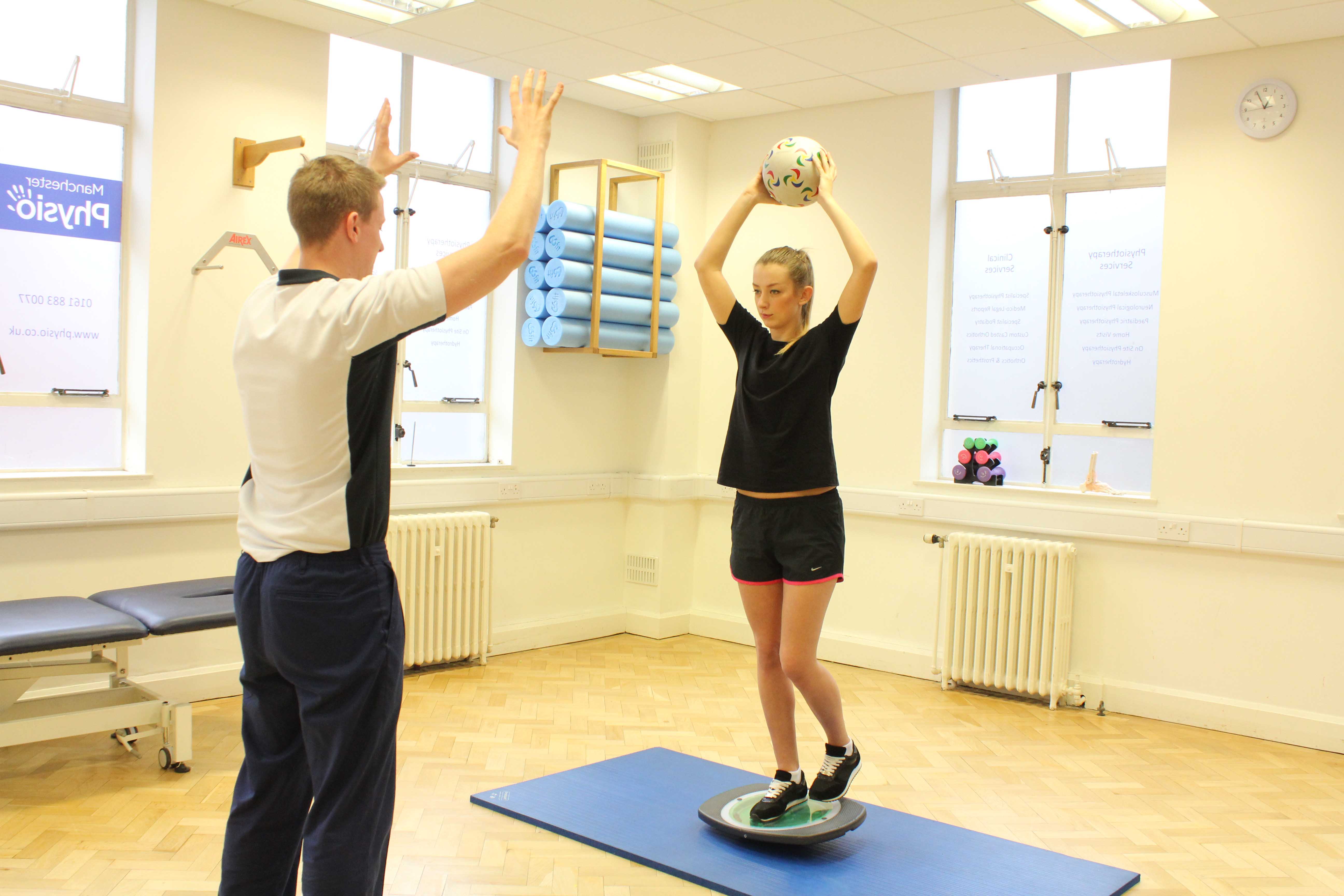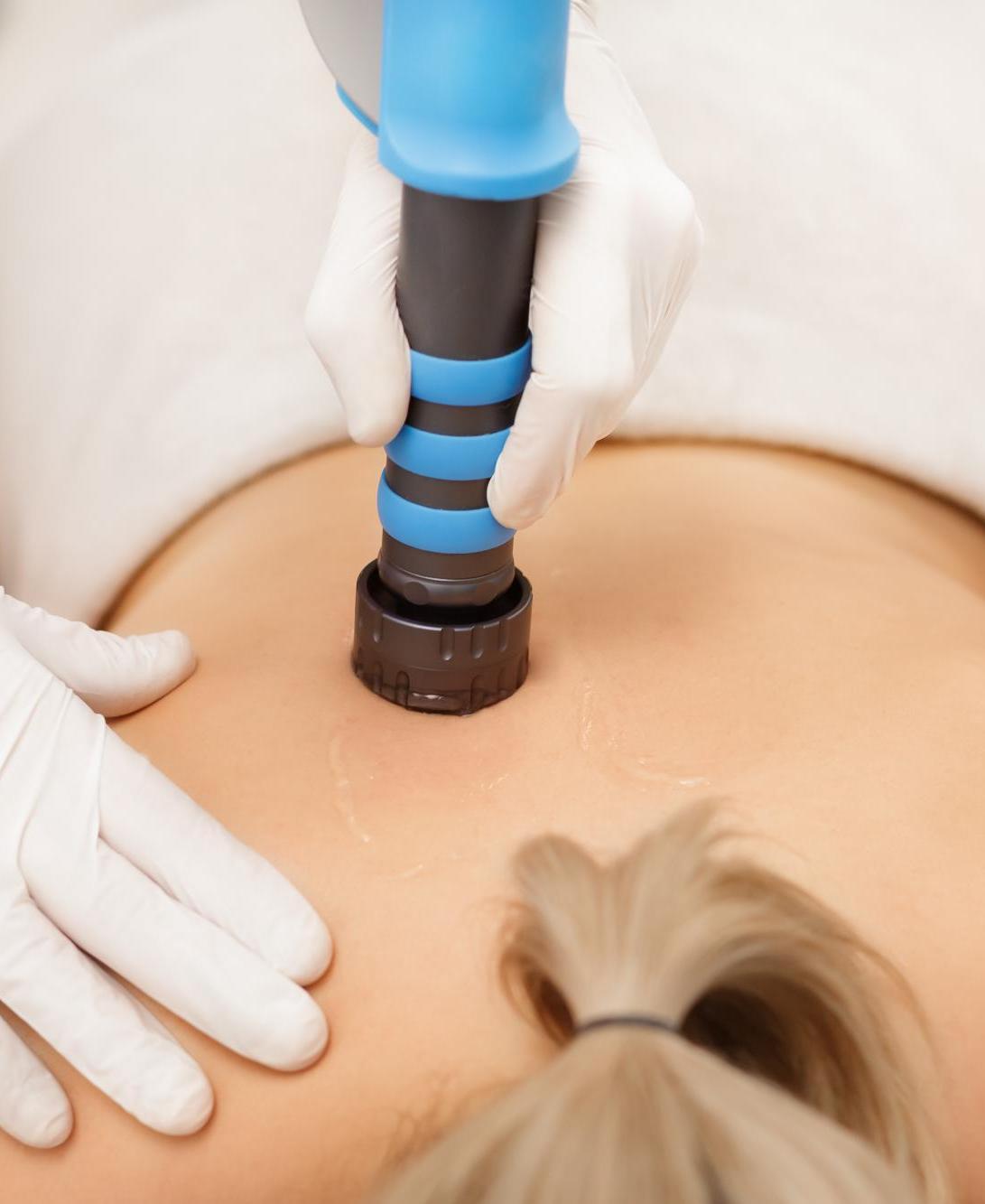|
BOOK NOW |
ASK ABOUT YOUR PAIN |
Home > Blog > Physio & Hand Therapy > Conditions > Exercise Therapy > Physiotherapy Isn't Only About Exercise - There's More To Physio
Physiotherapy Isn't Only About Exercise - There's More To Physio
Sometimes we come across patients saying (and thinking) that us hand therapists and physiotherapists are ONLY about exercise, and the bones, muscles and joints are by some other profession...and that's so wrong.
In fact, let's clear that up.
Physiotherapy is an evidence-and-research-based physical medicine that we work closely with primary care physicians (General Practitioners) and specialists (such as orthopedics, heart doctors, psychiatry etc).
And that's why there's so many different specialization:
- Orthopedic and sports physiotherapy (this is what we specialize in)
- Mental health physiotherapy
- Neurorehab Physiotherapy
- Respiratory Physiotherapy
- Internal Medicine Physiotherapy
And that's "just" the practicing clinical ones.
There's also those who teach, those who do research, etc.
no, we dont "just" do exercise
Exercise as medicine and therapy is one of our treatment modalities (treatment options, if you will), and it depends on what your
- pain
- injury
- condition
needs.
If you need some exercise therapy, then we definitely will personalize exercises specific for you.
However, here's some examples of other physio treatments we do as well:
manual therapy

Manual therapy is the foundation of what we do, 2nd only to assessing, palpating and diagnosing.
Manual therapy refers to the use of hands-on physical and manually treating the bones, muscles, joints, tendons and ligaments using specific techniques to
- glide tendons
- move joints
- release deep tissue tightness
- treat adhesions
and more.
hot & cold therapy
Most active or sporty people would already hear or know about hot and cold therapy, and how to use them.
We use them between our treatment modalities to accentuate the treatment outcomes, specific to:
- pain relief
- increase glide / movement for joints and soft tissue
- decrease swelling where possible
balance training

Depending on the injury or condition, people can have their balance impaired.
- Injury related: repeated ankle sprains can mess up the proprioceptive and balance centers of the ankle, decreasing the auto-balance and correcting centers...means that patients who had sprained their ankles before, are at much higher risk of future ankle sprains!
- Brain injury causing balance issues
Both of these conditions, balance and proprioception can (and NEEDS) to be retrained, to prevent future sprains and even falls, that can lead to other risks and injuries.
shockwave physiotherapy singapore

Shockwave therapy, also known as Extracorporeal Shock Wave Therapy (ESWT), is a physio procedure that uses high-energy shockwaves targeted at painful and affected areas of the body.
These shockwaves are sound waves generated externally and are transmitted through the skin to targeted tissues with a conductor / coupling medium, such as ultrasound gel.
Shockwave heals by:
- Neovascularisation: Shockwaves stimulate the formation of new blood vessels, improving blood flow to the injured area and enhancing tissue healing.
- Cell Growth and Proliferation: The mechanical energy from shockwaves can break down scar tissue and promote cell growth production, leading to the proliferation of cells essential for tissue repair.
- Pain Reduction: Shockwave therapy can inhibit pain receptors and reduce pain transmission, relieving patients suffering from chronic pain conditions.
- Collagen Production: The treatment stimulates collagen synthesis, which is vital in restoring the structural integrity of tendons, ligaments, and other connective tissues.
That makes shockwave physio in Singapore great for:
- "old" conditions such as plantar fasciitis, calcific shoulder tendinopathy, recurrent tennis elbow and golfer's elbow
- tendinopathies